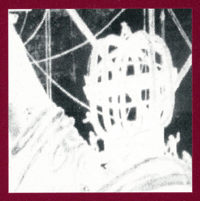
Identity Against Culture: Understandings of Multiculturalism
In his far-reaching examination of multiculturalism, Kwame Anthony Appiah stresses the possibilities of maintaining a pluralistic culture of many identities and sub-cultures while retaining the civil and political practices that sustain national life in the classic sense. He begins with a discussion of what the word “culture” might mean, suggesting that “culture” and “identity” inevitably conflict in the emergence of the “individual.”
He engages Charles Taylor’s proposal that sub-cultural identity should be a matter of state maintenance, problematizing certain contemporary methods of teaching multiculturalism, suggesting instead a more inclusive cultural education for a pluralistic society than is usually achieved by teaching culture only to those who belong to a particular community.
Appiah warns against proscribing “correct” behavior to the life scripts of people whose difference—whether sexual, racial or national—has been constituted as part of their identity, since to do so would suggest the possibility of authentic and inauthentic life scripts and all the problems that attend like assumptions.
Appiah concludes by suggesting that the possibilities of having a common set of institutions and a common culture in addition to the pluralistic identities of an open society is the difficult goal toward which we must strive.
Commentary is provided by Jorge Klor de Alva (Ethnic Studies), David Hollinger (History), and Angela Harris (Boalt Hall School of Law).

